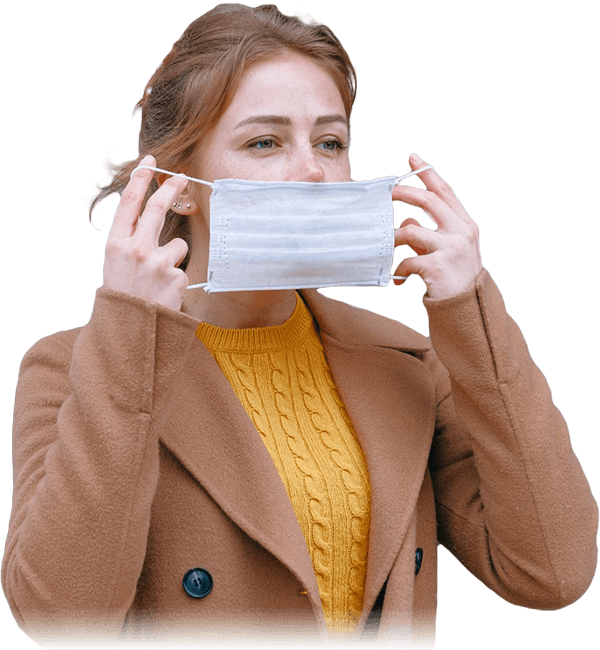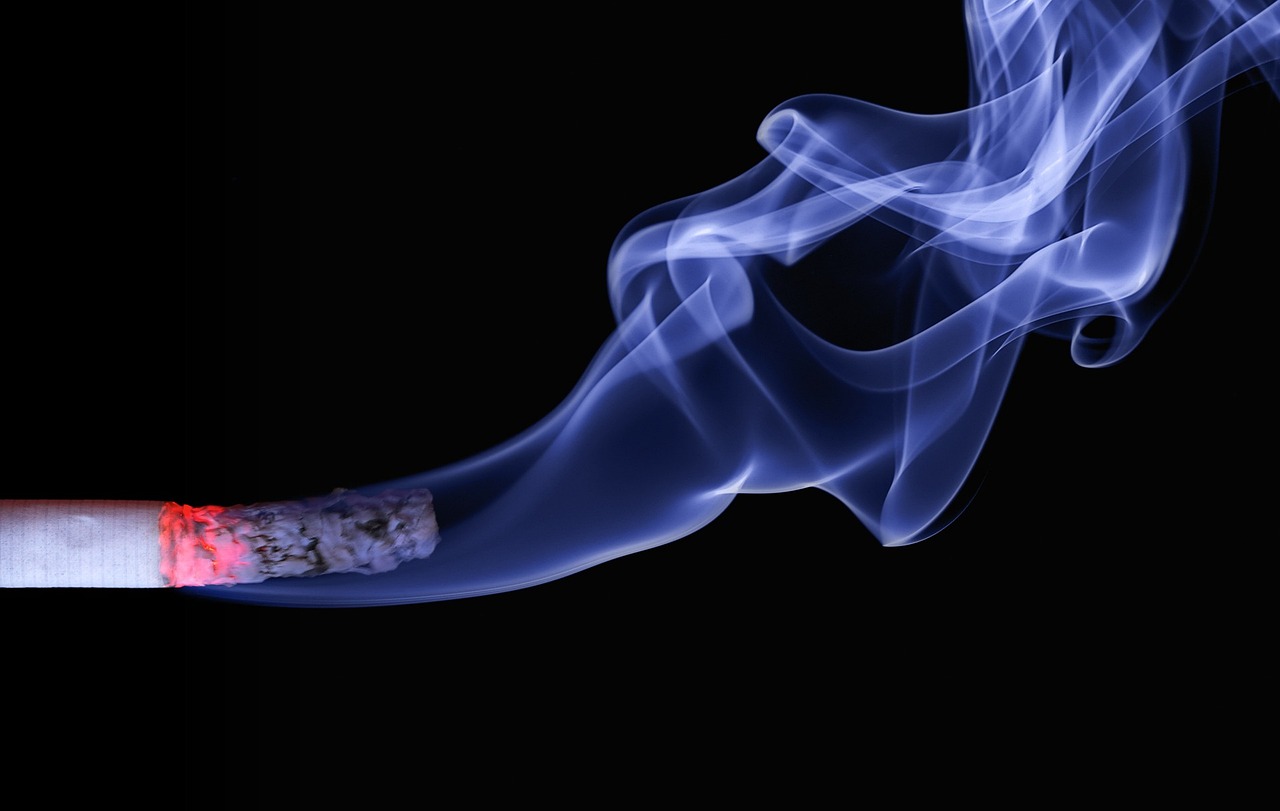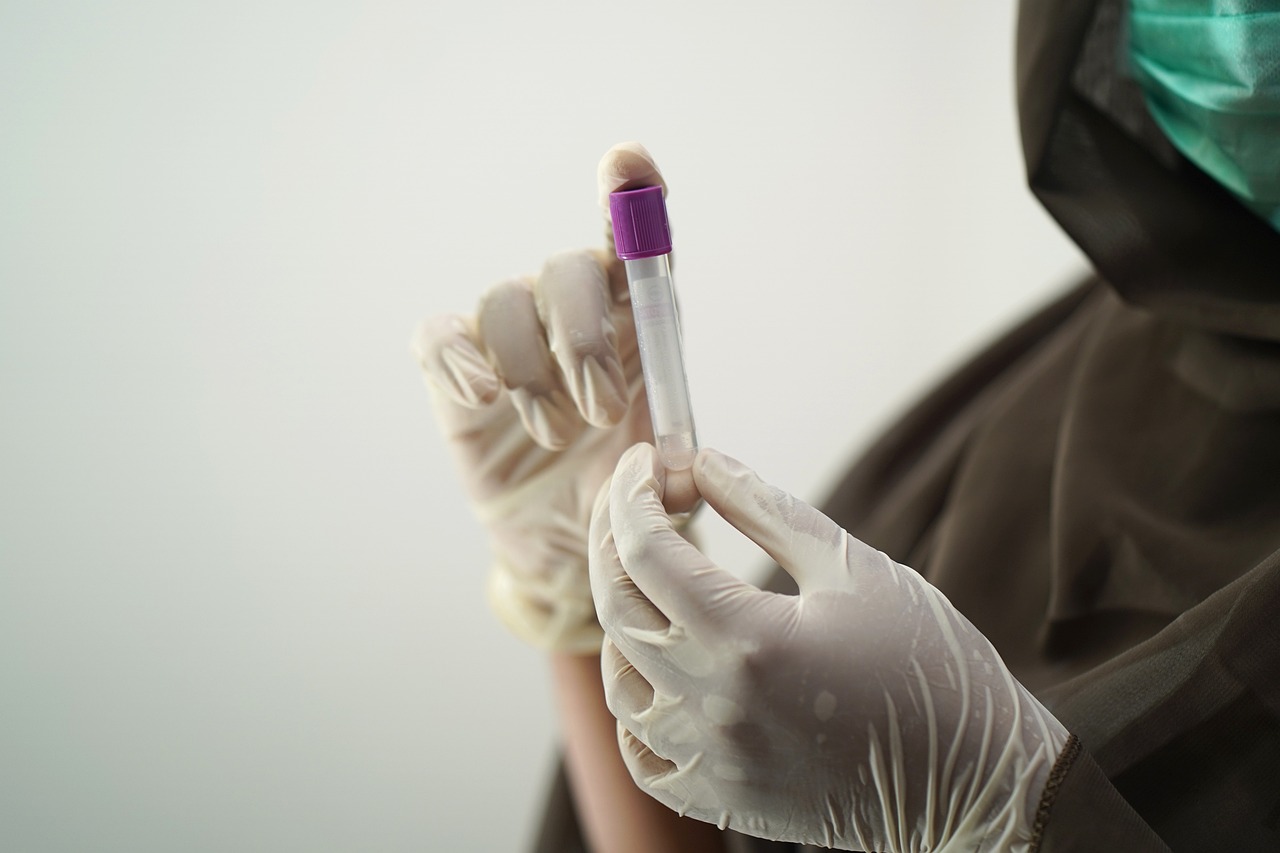
LUNG CANCER Prevention
Take steps to protect yourself
Quit smoking
Smoking is the main cause of lung cancer
If you smoke, quitting is the single most effective way to reduce your risk of lung cancer. It’s never too late to quit, and the health benefits of quitting start as soon as you stop smoking.


Avoid exposure to toxic chemicals
Avoid exposure to radon, air pollution, asbestos, and certain chemicals
Avoid exposure to radon: Radon is a naturally occurring gas that can seep into homes and buildings through cracks in the foundation or flooring. You can have your home tested for radon, and if high levels are found, they can be reduced through radon mitigation.
Avoid exposure to air pollution: Try to avoid spending time in areas with high levels of air pollution, such as near busy roads or factories.
Avoid exposure to asbestos: If you are in an occupation that exposes you to asbestos, take steps to protect yourself by wearing the appropriate personal protective equipment, such as respirators.
Get your screening
If you are at high risk for lung cancer, such as a current or former smoker, talk to your doctor about getting regular lung cancer screenings.
Lung cancer screening is important because it can detect the disease at an early stage when it is more treatable. Symptoms of lung cancer may not appear until the disease is advanced, making it more difficult to treat. Early detection is key to improving survival rates, and lung cancer screening can detect the disease before symptoms appear, increasing the chances of successful treatment.

lung cancer screening can help identifying the disease early, when treatment is most effective.
Current lung cancer screening criteria have several problems such as: only recommended for high-risk individuals, not taking into account other factors such as radon or air pollution exposure, not considering overall health or life expectancy, producing false-positive results, high cost, and lack of availability in some areas.

Get a healthier lifestyle
Exercising regulary and having a healthier diet can make a significant impact on you risk of lung cancer
Eating a diet that is high in fruits and vegetables may help to reduce your risk of lung cancer.
- Regular physical activity can help to reduce your risk of lung cancer by strengthening your immune system, maintaining a healthy weight and reducing stress.
Protect yourself & others
Are you or do you know someone that might be at risk of lung cancer?
01.
Prepare
- Know your risk: Understand your risk for lung cancer by assessing your personal risk factors, such as smoking history and exposure to radon, air pollution, and asbestos.
- Make a plan: If you smoke, make a plan to quit and seek support to help you quit.
- Follow our advices to support you in the process
02.
Be Aware
- Watch for symptoms: Be aware of the symptoms of lung cancer, such as a persistent cough, chest pain, shortness of breath, and weight loss, and see a healthcare professional if you experience any of these symptoms.
- Learn about the disease: Learn about the different types of lung cancer, the stages of the disease, and the available treatment options.
03.
Act
- Quit smoking: If you smoke, quitting is the single most effective way to reduce your risk of lung cancer.}
- Avoid exposure to toxic chemicals
- Get a healthier lifestyle
- Get screened: If you are at high risk for lung cancer, talk to your doctor about getting regular lung cancer screenings.
